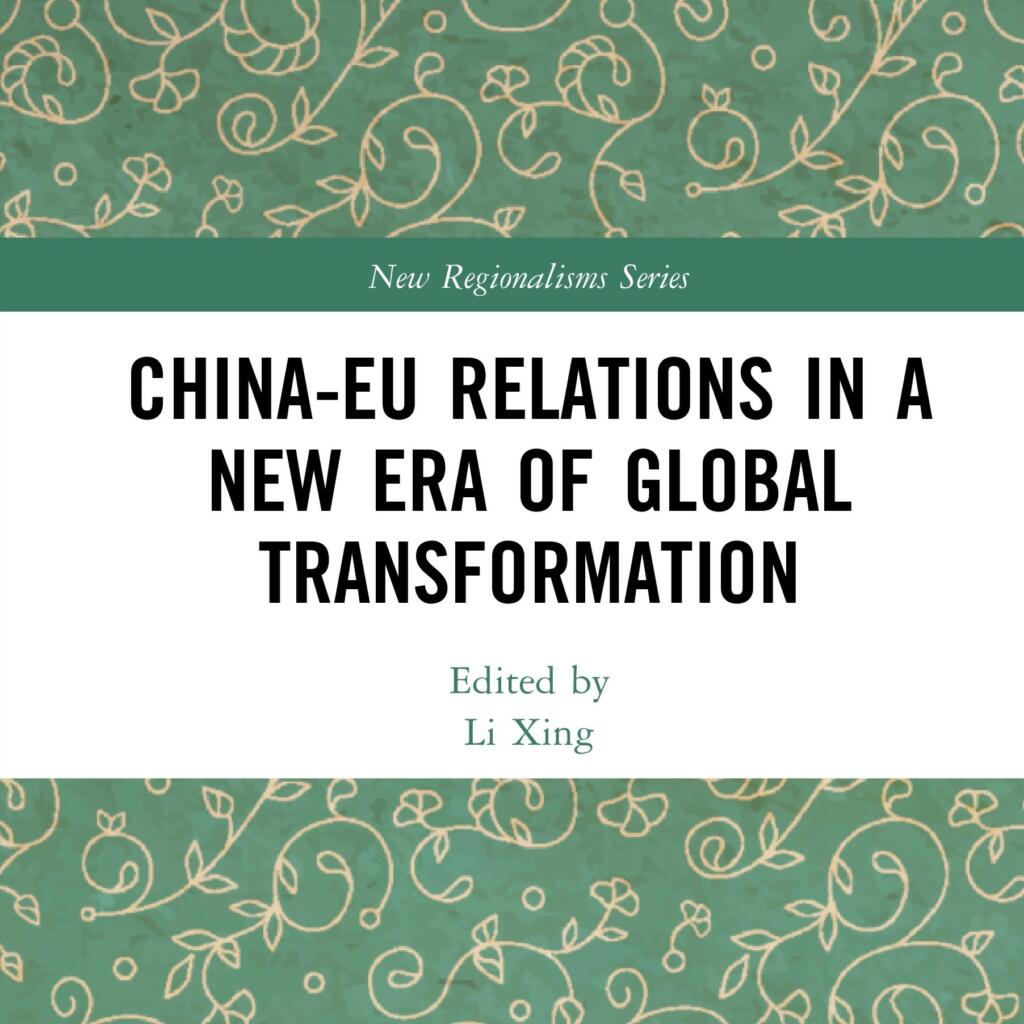“‘Consolidating rules-based global governance’ has been a key motive behind the European Union’s effort to constructively engage China for some time. Recently, the issue has gained significance within bilateral relations, becoming, at the same time, more controversial.
In March 2019, the EU famously defined China as ‘a systemic rival promoting alternative models of governance’, as well as a partner with whom to cooperate or negotiate, and an economic competitor. While disengagement does not appear to be an option for either Brussels or Beijing, engagement per se may no longer be a palatable strategy for the EU.
The argument developed in the chapter holds that in order to make sense of the way forward in the EU-China bilateral relationship, engagement remains a key concept, but it has to be qualified. The aim is to delineate a purposeful understanding of engagement, which epitomizes a dynamic “Third Way” between the two extremes of cooperation based on the full complementarity of interests and rivalry. What “walking the Third Way” towards the consolidation of a rules-based global governance means in practice is explained by looking at two case studies, the functioning of the Asian Infrastructure Investment Bank (AIIB) and World Trade Organization (WTO) reform. The conclusion will provide an initial, evidence-based appraisal of this enhanced conception of engagement.”
Anna Caffarena and Giuseppe Gabusi (T.wai & Università di Torino) are authors of the article “Europe-China and the Third Way: Steering Order in Times of Change. Evidence from the AIIB and WTO reform” in the book “China-EU Relations in a New Era of Global Transformation” edited by Li Xing for Routledge.



